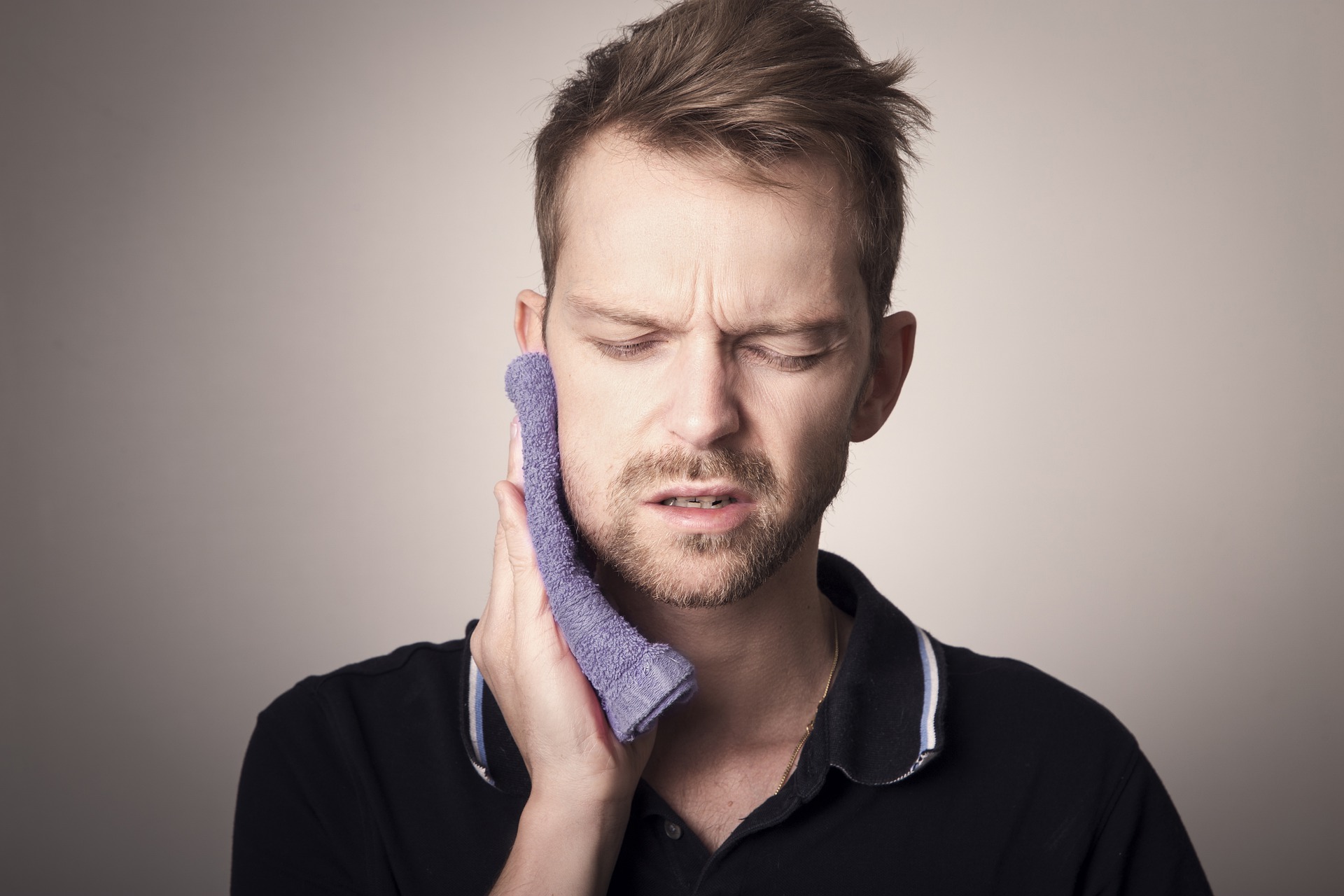 According to a study reviewed by the Columbia University College of Dental Medicine, between 30 and 40 million children and adults in the United States are affected by grinding of teeth, clenching teeth or jaw clenching.
According to a study reviewed by the Columbia University College of Dental Medicine, between 30 and 40 million children and adults in the United States are affected by grinding of teeth, clenching teeth or jaw clenching.
Also known as bruxism, teeth clenching most often happens throughout the night without an individual being aware. Bruxism can cause fractured dental fillings, continuous jaw pain, and other types of mild to severe damage to the teeth. It’s important to understand teeth clenching causes, symptoms and treatment methods.
Why do People Grind Their Teeth?
There is a wide variety of causes that lead to teeth grinding or jaw clenching. The main problem with bruxism is pinpointing when the grinding takes place overnight. Leaving one to wonder, why do I grind my teeth at night? Fortunately, common causes have been compiled through research of those who grind teeth at night. Most often a cause includes one of the following:
- Stress during daytime hours
- Anxiety
- Obstructive sleep apnea
- Loud snoring
- Alcohol use that is heavy or consistent
- Caffeine consumption
- Smoking
- Certain antidepressant prescriptions
A proper diagnosis of teeth grinding at night is effective when done by a dental professional. Your doctor will discuss your dental history, as well as any specific symptoms you may be displaying throughout the day. To have a meaningful discussion with your dentist about teeth grinding at night, you need to know common symptoms.
Teeth Grinding Symptoms
In most cases, grinding teeth at night can be directly correlated to jaw pain, headaches, damaged teeth or fractured dental fillings. When there is no apparent cause of pain in the jaw or other symptoms, teeth grinding at night or clenching teeth is often to blame. In addition to these common symptoms, you may also experience chronic facial pain, tight jaw muscles or rhythmic contractions of the jaw due to grinding teeth at night.
How to Stop Grinding Teeth at Night
If you’re concerned about how to stop grinding your teeth at night, speaking with your dentist is the first step. When the cause of teeth grinding is linked to daytime stress, a change to everyday behaviors may be necessary.
For instance, taking on less overtime or asking for help with small children can reduce your stress levels throughout the day. This may lead to less grinding at night.
When stress is not the underlying cause, your dentist may prescribe a mouthpiece for grinding teeth. This method may not fully stop the jaw clenching at night, but a mouthpiece for grinding teeth will help reduce the potential for damage caused by grinding.
While not everyone will need the same approach to stop grinding their teeth at night, you should fully understand your at-home and professional treatment options.
If you are concerned that you are grinding your teeth at night and want to know more about your treatment options, contact us at Reno Dental Associates to speak with a dental professional today.